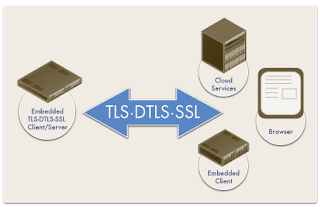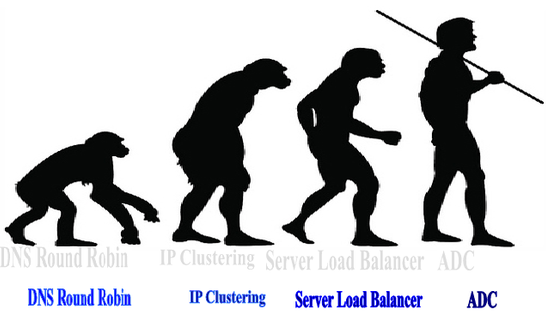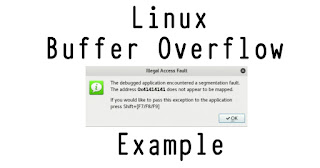Training on IT Security
The
third edition of IT
Security courses in Extremadura
will start soon. These courses are delivered for free by FEVAL every
year and I was the teacher in the first and second edition. However,
I
don’t know yet if I’m going to be the teacher in this third
edition. I would like to. This
edition will be in Badajoz and students will learn security on
networks and systems, hacking and also forensics. I think it’s a
good chance for learning IT Security if
you are interested in infosec because these courses are full of tests
and laboratories where students attack and protect systems as in the
real world.
The
first course, which starts
soon, is about basic
security on networks and systems,
where students take
security awareness and
configure security appliances such as firewalls and SIEM. For
instance, we deployed
a virtual firewall
and configured OSSIM
last year. We also talked about recommendations for protecting
networks and systems such as server hardening and best practices for
network appliances. In
addition, we were talking about the importance of Business
Continuity and Disaster Recovery Plans.
 |
| Training on IT Security |
Students
who want to learn more about IT security can take the advanced
security course on networks and systems.
Last
year, this second course was ready for students who wanted
to get a deep knowledge about IT Security because we were
talking about advanced techniques such as Multipath
TCP,
HTTP2,
Web
Application Firewall,
XSS,
SQLi, etc. In fact, we configured a WAF and we
attacked
servers to see how this kind of appliance is able to block advanced
attacks.
Once
the basic security course and the advanced security course on
networks and systems are over, the ethical
hacking fundamental course
starts. This
course is for students who want to learn how to attack networks and
systems. Therefore,
the
first two courses are for people how want to know how to protect
networks and systems and
this one is for learning about vulnerabilities, network scanning,
buffer
overflows,
OSINT, denial
of services,
etc.
If
you really love hacking and you want to learn more about how to hack
networks and systems, you have to go to the advanced
ethical hacking course.
This
course was full of advanced laboratories last year. For
instance, we created a
backdoor for Android systems
and we even made a
malicious WhatsApp Messenger.
In addition, we deployed WebGoat in Kali Linux to test Web
Application Vulnerabilities.
The
last course in this third edition will be about
Digital
Forensics
.
Students
learnt how to get evidences and how to analyse them last year. In
addition, we
played
CTFs (Capture The Flag) where students had to find flags in a series
of challenges. As a result, they used many tools such FTK Imager,
fcrackzip or exiftool. L
ast
but not least, we also analysed and learnt how a Fileless
Malware
works.
Regards my
friends. I hope this will be interesting for you. Keep studying.










Commentaires
Enregistrer un commentaire